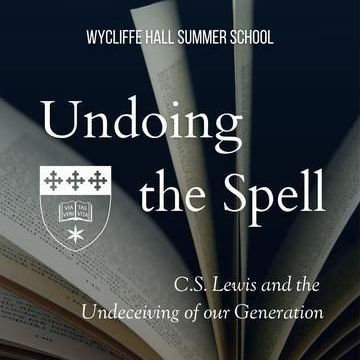Becoming Fire
"Becoming Fire" (ed. Tim Vivian, Liturgical Press, 2008)
"WATERING A PIECE OF DRY WOOD
It was said of Abba John the Little that he withdrew and lived in the desert at Scetis with an old man of Thebes. His abba, taking a piece of dry wood, planted it and said to him, 'Water it every day with a bottle of water, until it bears fruit'.
Now the water was so far away that he had to leave in the evening and return the following morning. At the end of three years the wood came to life and bore fruit. Then the old man took some of the fruit and carried it to the church, saying to the brothers, 'Take and eat the fruit of obedience'."
(cf. Gen 3:1-7. Reading from May 29, p.222, Becoming Fire)
Becoming Fire is one of the books I've cycled into my morning prayer time recently. Inspired by reading another book on orthodox spirituality, I decided to get my own copy of this book I've much appreciated for a while (my husband having the copy I'd previously used).
This particular extract, from the readings for May 29, reminds me how much faithful obedience to God is not exercised in the way we often wish it were. The temptation is to prefer obedience we understand or comprehend. Obedience that works within our frame of thinking and understanding of how the world (or in this instance, creation) works.
Obedience is only transformative when it is done by taking the risk of setting aside what we think or believe. When obedience flies in the face of our understanding. When it takes faith. To water a plank of wood, planted in the dirt? Surely it would quickly rot and decompose and perhaps feed the soil. It is not a seed or a plant cutting.
And yet with faithful, repetitive, persistent obedience a miracle happens. The wood bears fruit. And the fruit of that obedience feeds the life of the people.
"They
[the disciples] went out and got into the boat, but that night they caught nothing. Just after daybreak, Jesus stood on the beach; but the disciples did not know that it was Jesus. Jesus said to them, ‘Children, you have no fish, have you?’ They answered him, ‘No.’ He said to them, ‘Cast the net to the right side of the boat, and you will find some.’ So they cast it, and now they were not able to haul it in because there were so many fish. That disciple whom Jesus loved said to Peter, ‘It is the Lord!’ When Simon Peter heard that it was the Lord, he put on some clothes, for he was naked, and jumped into the lake. But the other disciples came in the boat, dragging the net full of fish, for they were not far from the land, only about a hundred yards off." (John 21:3-8)
This one doesn't come from Becoming Fire but (as is obvious) from the Bible. The disciples had fished and they had fished and they had failed to catch even the smallest minnow. Jesus says "fish from the other side." They know what the result should be. They had labored and labored and nothing was forthcoming. But they obeyed, despite their knowing. The result? A haul of fish that was too big to bring into the boat. A catch that then fed God's people: the breakfast Jesus and the disciples shared (John 21:9-14).
Over the past few months I have been working on fundraising. Something about which I knew nothing. But something that God is making happen even with my ignorance and my mistakes. It all started with a moment of obedience despite what I thought I knew. When I was first asked about the possibility of raising the money needed, everything in my head said that it was not possible. That it was a silly idea. However, over the past couple of years, God has been taking me on a spiritual journey that started from one simple realisation: my way of looking at things ain't right. Somewhere, like a squeaky wheel on a shopping cart, I'd got into a tangled mess. On this journey, when presented with actions and spiritual disciplines that seemed alien & bizarre, I'd taken the plunge because I knew one thing for sure: my way wasn't cutting it. If the option in front of me was the opposite of what I thought made sense, then perhaps I should do it, maybe precisely because of that!
So when asked about the possibility of fundraising, the moment of clarity before me was this: my thoughts are just my thoughts. They've how I've tried to understand reality, but they are not actually reality itself. And maybe, just maybe, this IS possible and I've got things backwards. Or maybe it isn't but God would work a miracle. Who knows. But it was worth taking a risk. Talking to someone. Getting wise counsel. Seeing if I was wrong and that this might bear fruit.
Over the months since then, that first call to obedience has been reissued again and again. Do I think this is possible? Are my thoughts just thoughts or are they reality? Will I let go of what I think and step out in faith anyway? Talk to someone. Ask for help. Invite others into God's work. It's been challenging, scary and yet also enlightening. It's shown me many fears and anxieties that I've needed to hand over. And it's shown (or rather, is showing) me how God brings about fruit through obedience, even obedience that seems like the impossible. Obedience that begins with faith.



